-
ABOUT THE AUTHOR
Erik Jahner, PhD
Erik Jahner received his PhD in Educational Psychology from University of California Riverside and his Masters in Linguistics from California State University Long Beach. He examines how the socially situated and embodied mind develops the capacity for persistent seeking behaviors. His inquiries have been at the intersection of neuroscience, psychology, education, and linguistics, which has allowed him to explore the bioecological development around interest, curiosity, and information-seeking behaviors and experiences. On the pathway to understanding the neural dynamics of resting-state connectivity associated with differences in interest actualization, Jahner currently seeks to better understand the phenomenological and psychophysiological indicators of the emotions associated with individual interest engagement. At this moment Jahner is situating this line of research around adolescents and young adults attending a progressive high school in Los Angeles. In Jahner’s spare time, he explores the nature of humanity through science fiction, imagination, and artistic endeavors.
Tags
ADHD adolescence attention autism book review boundary conditions classroom advice conference speakers constructivism/direct instruction creativity desirable difficulty development dual coding elementary school embodied cognition emotion evolution exercise experts and novices gender high school homework intelligence long-term memory math methodology middle school mind-wandering mindfulness Mindset motivation neuromyths neuroscience online learning parents psychology reading retrieval practice self-control skepticism sleep STEM stress technology working memoryRecent Comments
- Roberta on Seriously: What Motivates Teachers to Be Funny?
- Revisiting the "Handwriting vs. Laptops" Debate: More Moving Goalposts |Education & Teacher Conferences on Handwritten Notes or Laptop Notes: A Skeptic Converted?
- The Power Of A Growth Mindset: How Students Can Overcome Challenges - Sunshine Blessings on The Rise and Fall and Rise of Growth Mindset
- Goals, Failure, and Emotions: a Conceptual Framework |Education & Teacher Conferences on “Learning from Mistakes” vs. “Learning from Explanations”
- From Destruction to Rebuilding: Hope in Science’s Down Cycle on When Analogies Go Wrong: The Benefits of Stress?
ABOUT THE BLOG
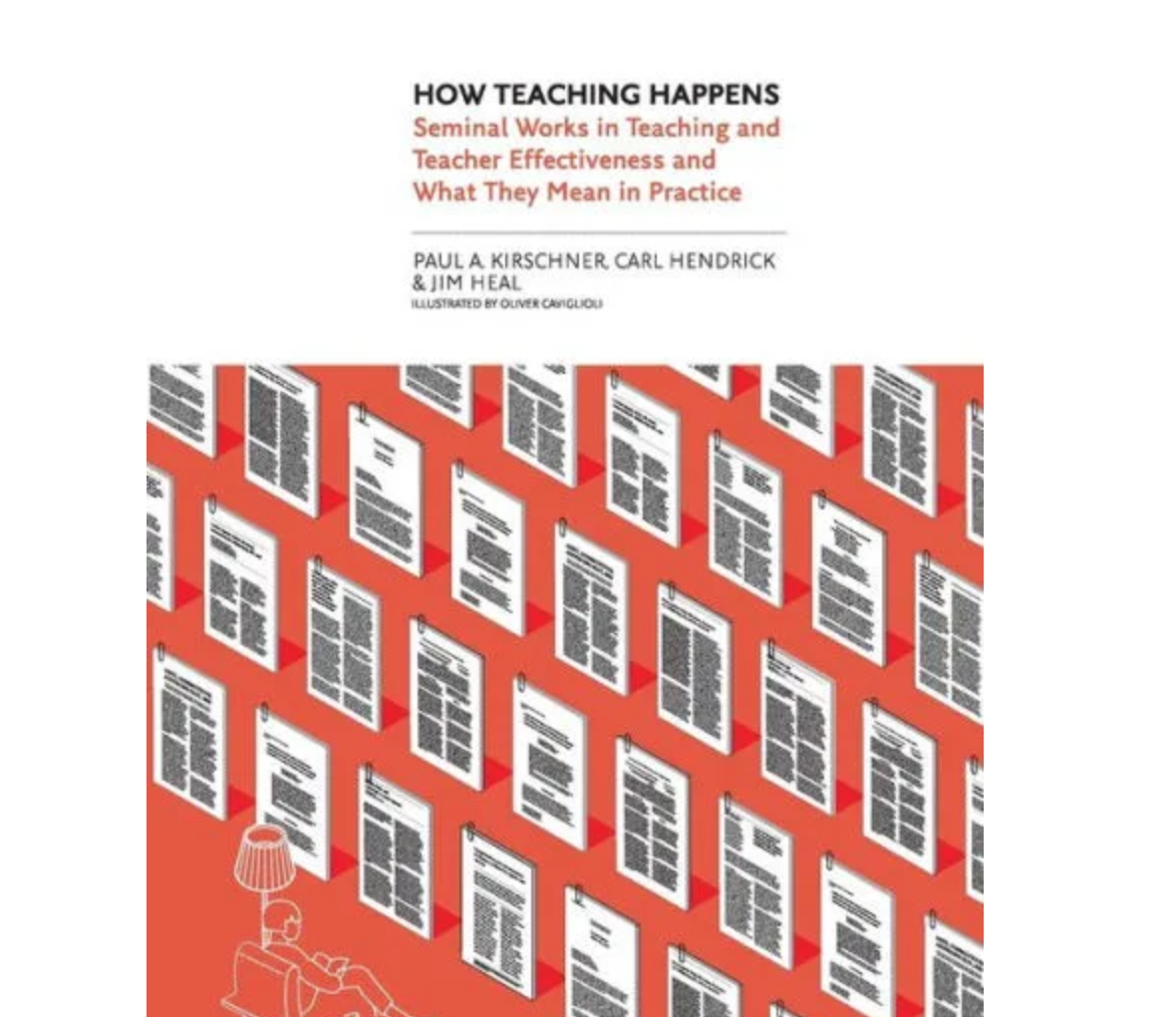
How Teaching Happens by Paul Paul Kirschner, Carl Hendrick, and...
Who would have thought that a book about teaching could begin with a discussion of…
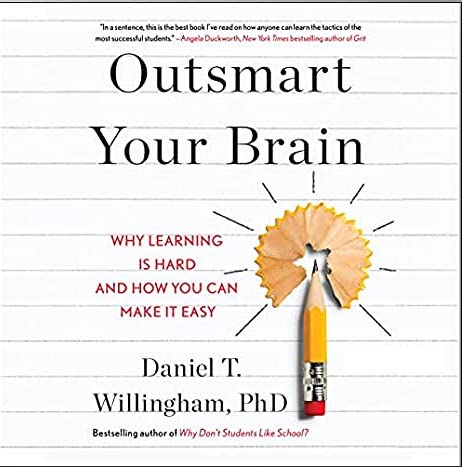
Outsmart Your Brain by Daniel Willingham
Aligning with my work in this area, Daniel Willingham’s influential insights have greatly contributed to…
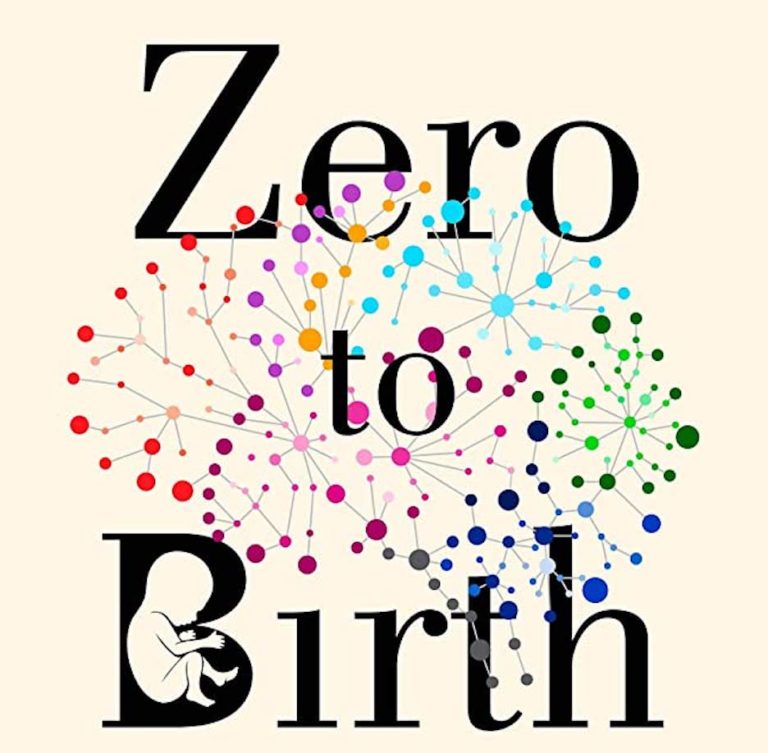
Zero to Birth by William Harris
No two human brains are the same – but, the developmental process that leads to…

A Mind for Numbers by Barbara Oakley
A Mind for Numbers: How to Excel at Math and Science (Even If You Flunked…
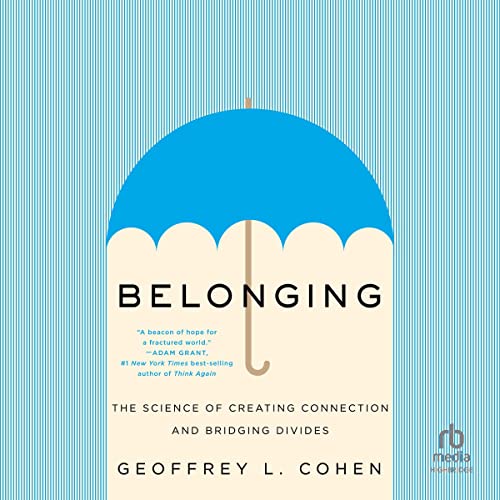
Belonging by Geoffrey Cohen
Geoffrey Cohen, a professor of Psychology at Stanford University, explores the science of self and…
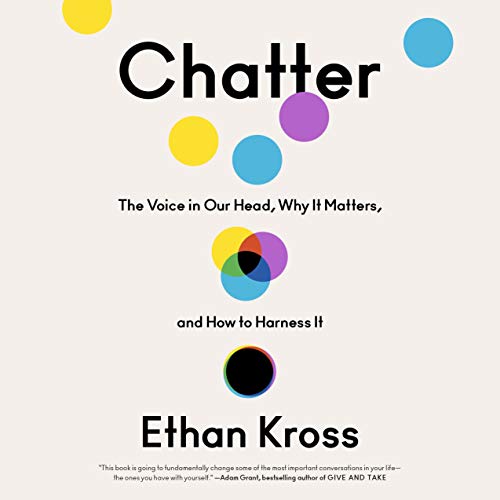
CHATTER BY ETHAN KROSS
The founder and director of the Emotional and Self-Control Laboratory at the University of Michigan,…
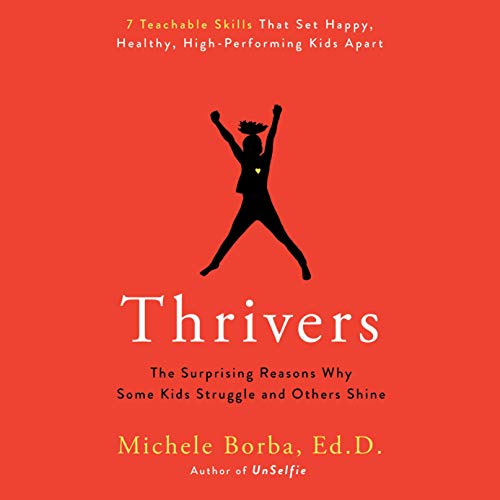
Thrivers by Michele Borba
Michele Borba begins this book by making a very important distinction: we have sought to…
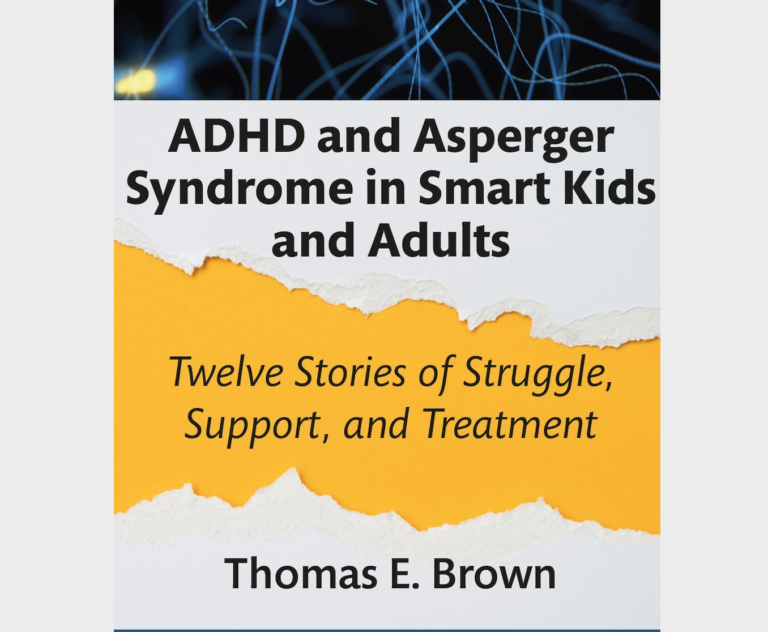
ADHD and Asperger Syndrome in Smart Kids and Adults by...
In ADHD and Asperger Syndrome in Smart Kids and Adults: Twelve Stories of Struggle, Support,…

Behind their Screens What Teens Are Facing (and Adults Are...
So, you think you know what effect social media has on teens? There is one…


